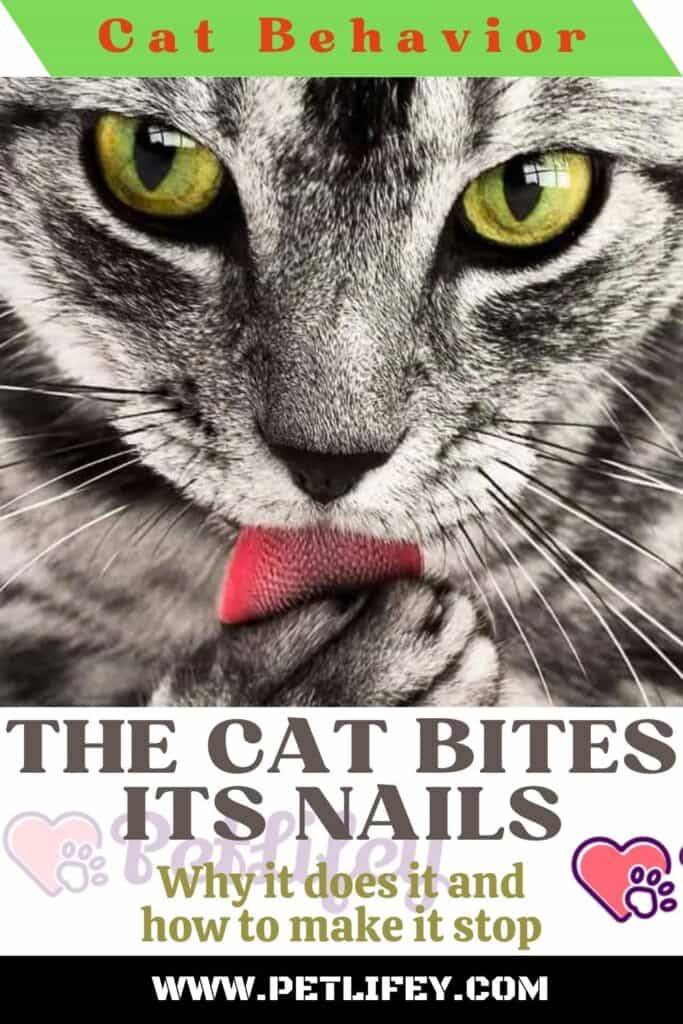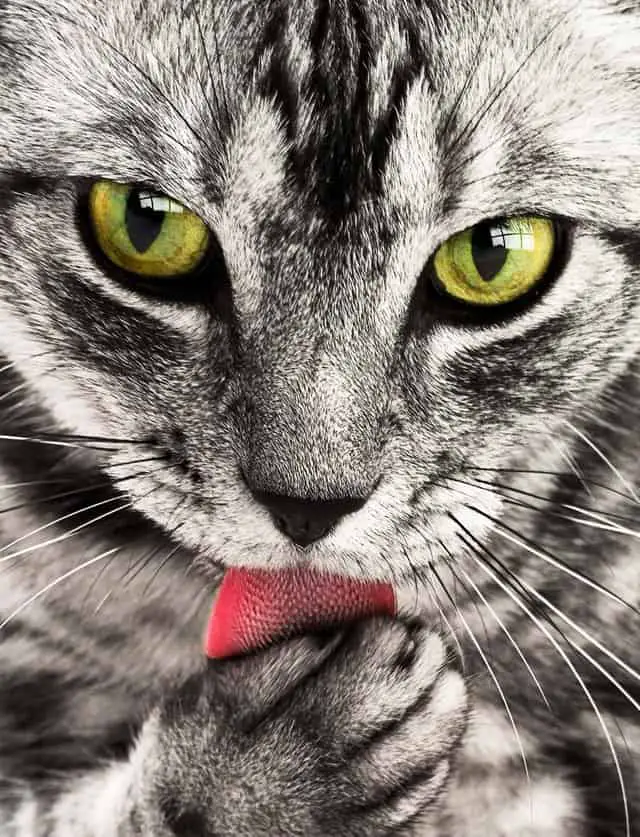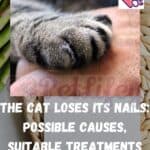
It may seem strange, but in reality it often happens that your cat is biting its nails. What are the reasons behind this behavior?
If you have adopted a cat, you will know very well how attentive these animals are to their hygiene and self-care: a domestic feline can spend hours licking and cleaning its fur, in a real beauty ritual that also includes paws, muzzle. and ears.
Among the activities included in the usual cleaning of cats, nail biting can also be included: seeing the cat biting its nails, therefore, can be normal. However, if this behavior becomes chronic and takes on the shape of an obsessive problem, it is likely that it is the sign of a cat malaise.
In this article we will tackle the theme of the cat biting its nails by identifying the contours that outline a normal behavior and those that, on the other hand, are typical of a behavioral anomaly.
The cat bites its nails: normality or behavioral problem?

Let’s start to define the cat’s habit of biting its nails when it stays within the boundaries of normalcy: if your cat gnaws his nails once in a while, perhaps in the middle of his daily cleaning ritual, there is nothing to worry about.
Sometimes the cat bites its nails to clean them or because the claw has broken: in these cases the habit is aimed at normal daily cleaning and is more frequent in cats who have less chance of getting their nails on scratching posts or other surfaces.
Completely different is the speech of a cat that bites its nails excessively, too often and engaging in obsessive behavior: in these cases there may be serious underlying reasons and the behavior is linked to discomfort, stress and anxiety.
When cats are not well, perhaps due to an injury or an infection in progress, or because they are stressed by an environmental problem, a drastic change, too much loneliness, they can experience feelings of anxiety and stress that translate into obsessive behavior.
An anxious or stressed cat can start biting its nails to reduce tension, just as we humans often do: in this case, it is essential to take care of our feline friend by giving him a stable routine and the right stimuli. If the problem does not go away, it is best to see a veterinarian.
Even the presence of infections and injuries to nails and paws could lead the cat to gnaw its claws: these can be caused by bacteria or yeasts, which cause skin problems typically common in some breeds, as happens in the Persian cat.
Also be careful when cutting your cat’s nails: never shorten them too much because you risk the appearance of annoying infections.






